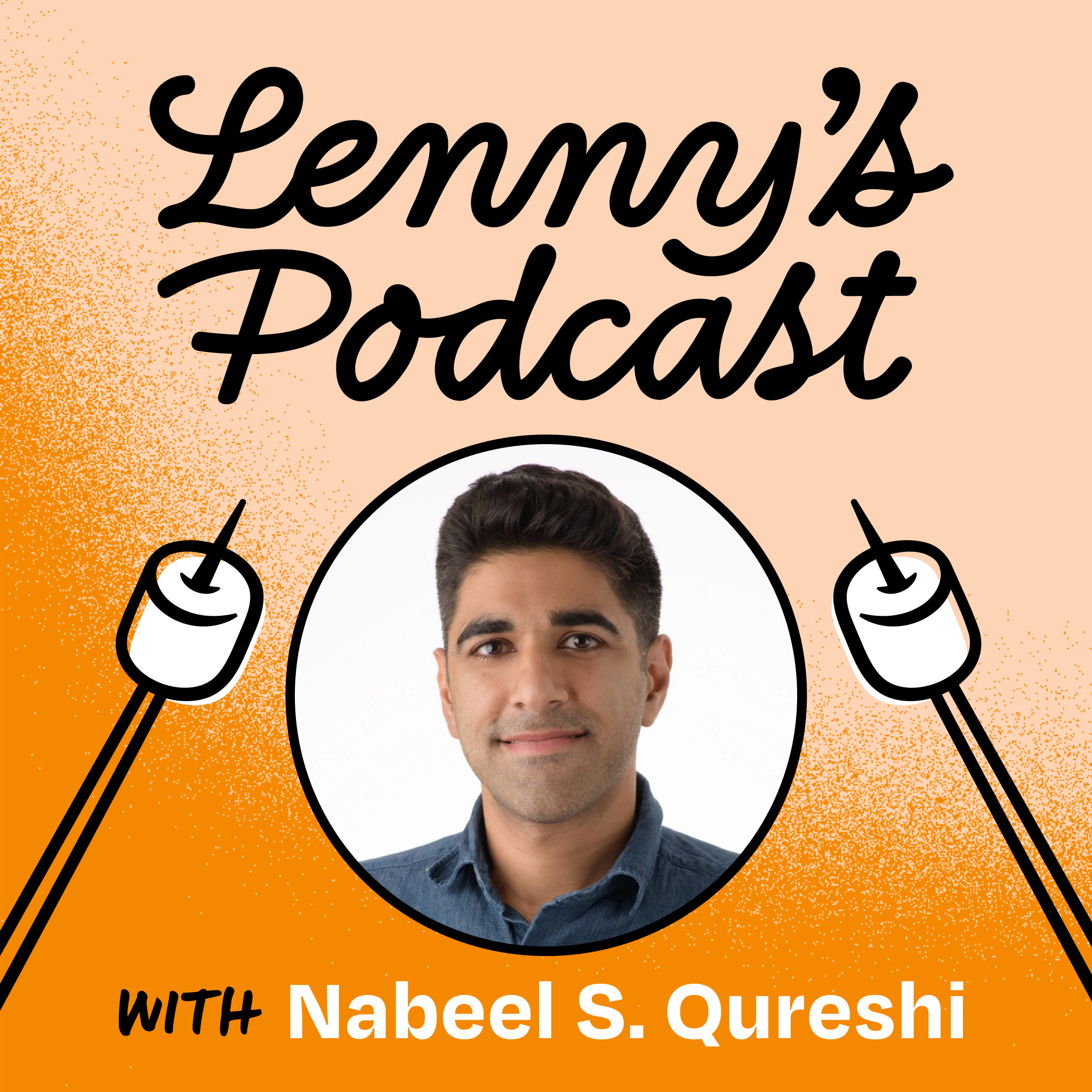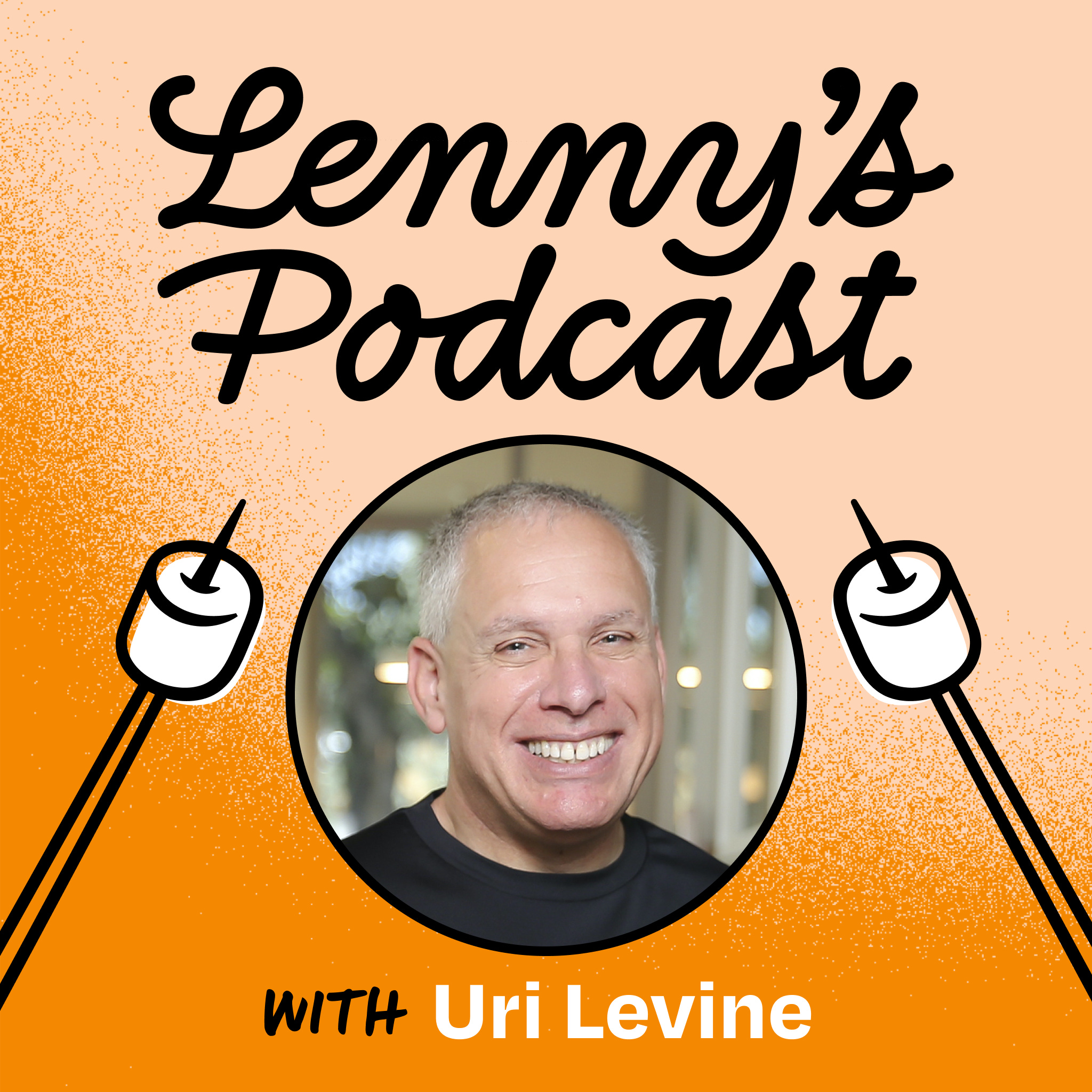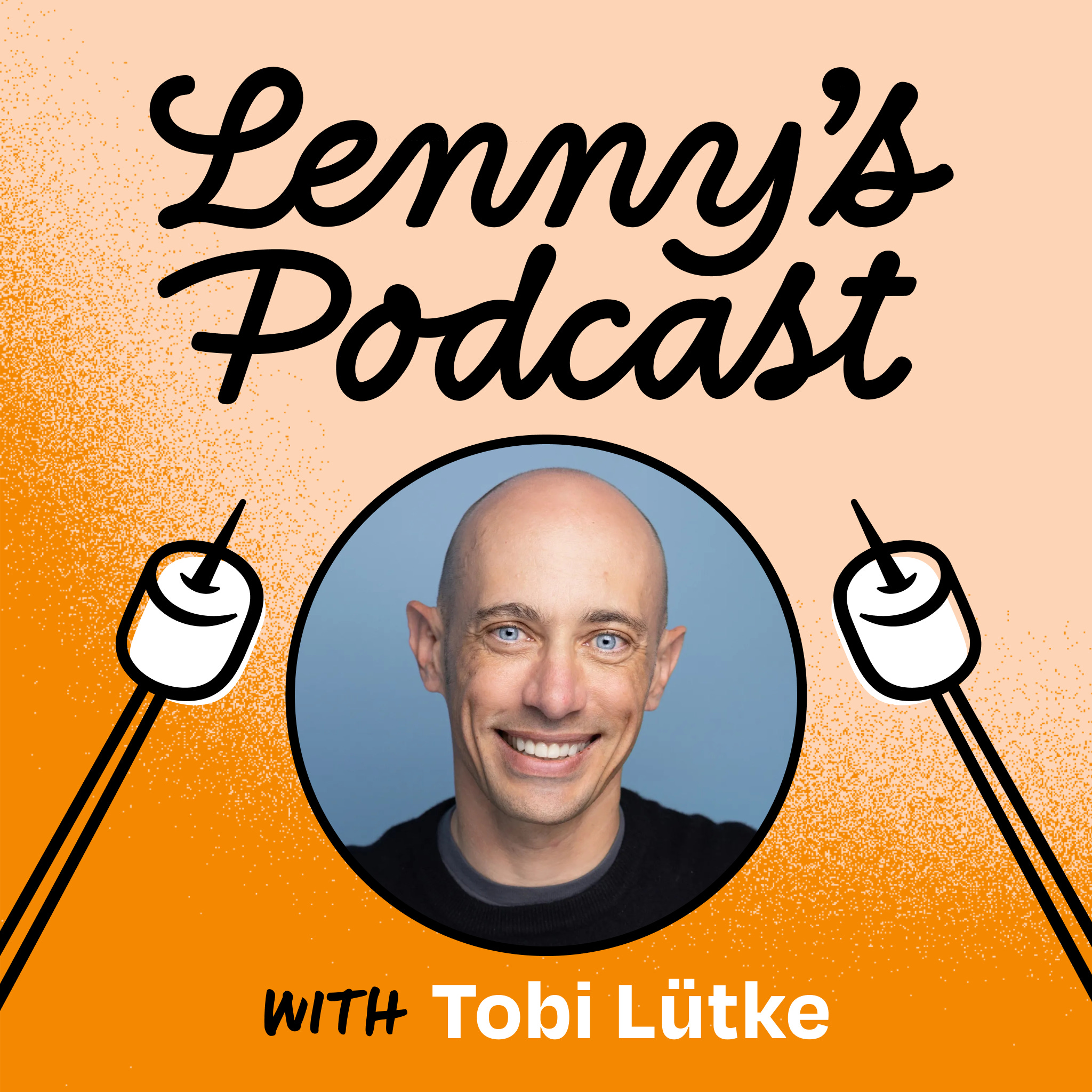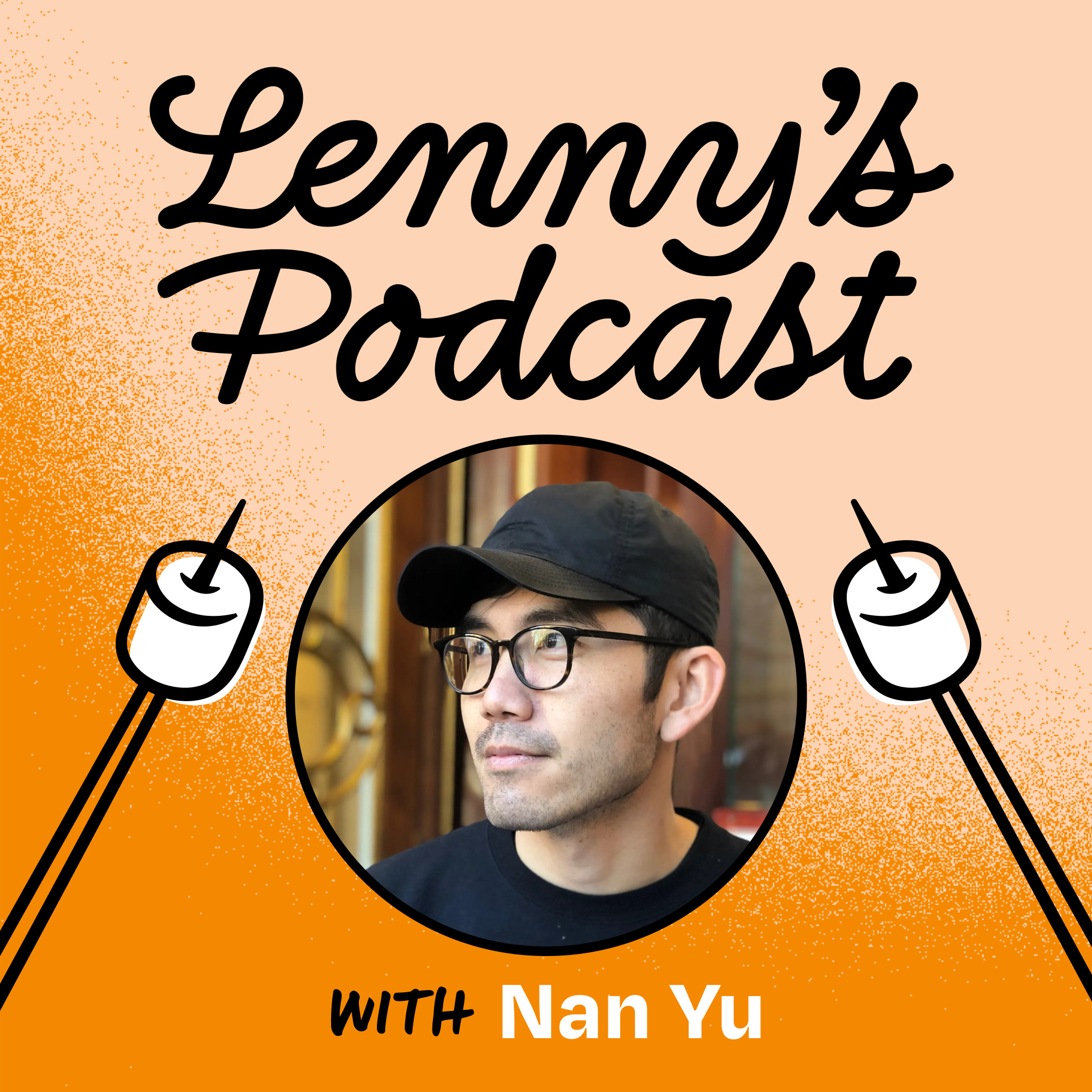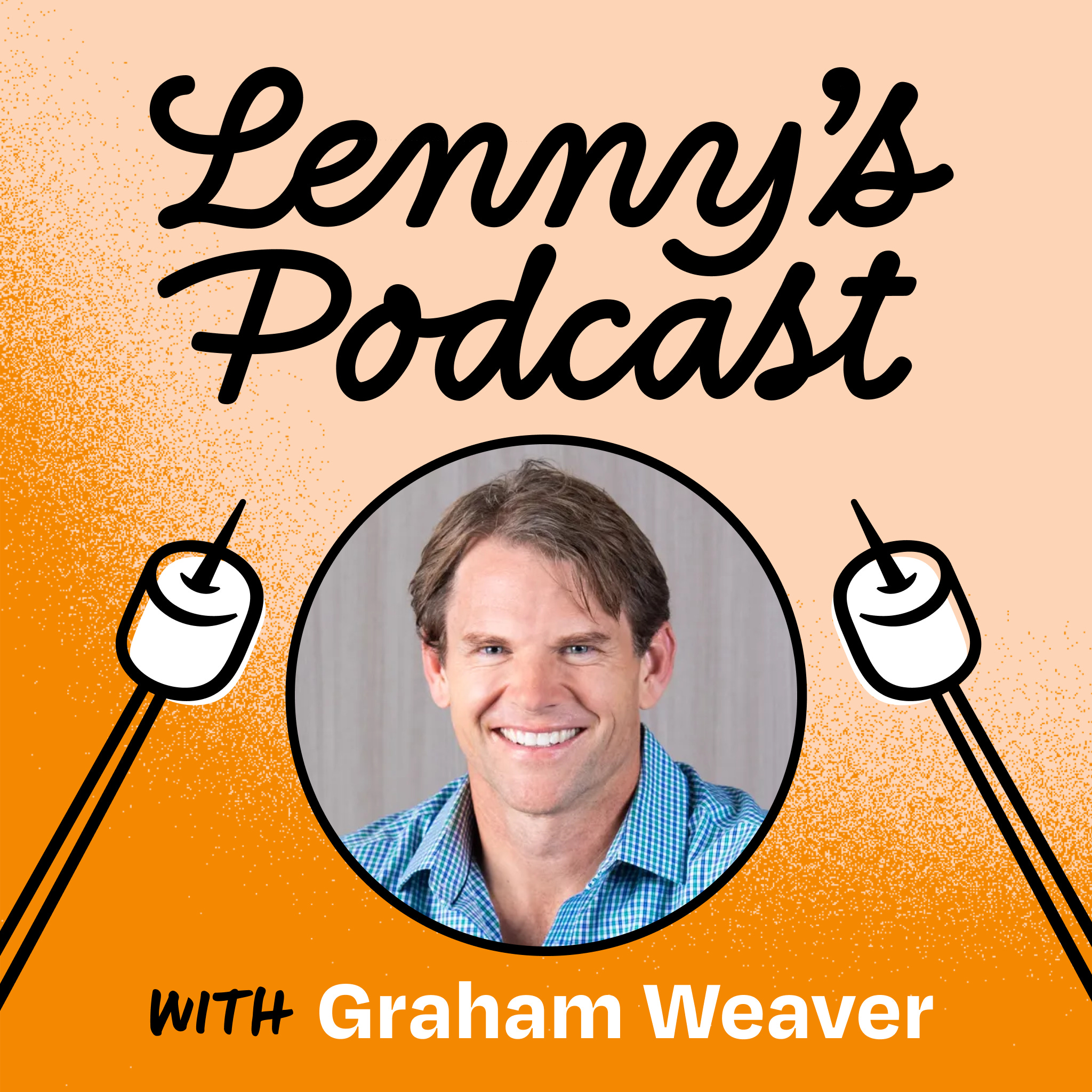
June 27, 2024 • 1hr 24min
The social radar: Y Combinator’s secret weapon | Jessica Livingston (co-founder of Y Combinator, author, podcast host)
Lenny's Podcast: Product | Growth | Career
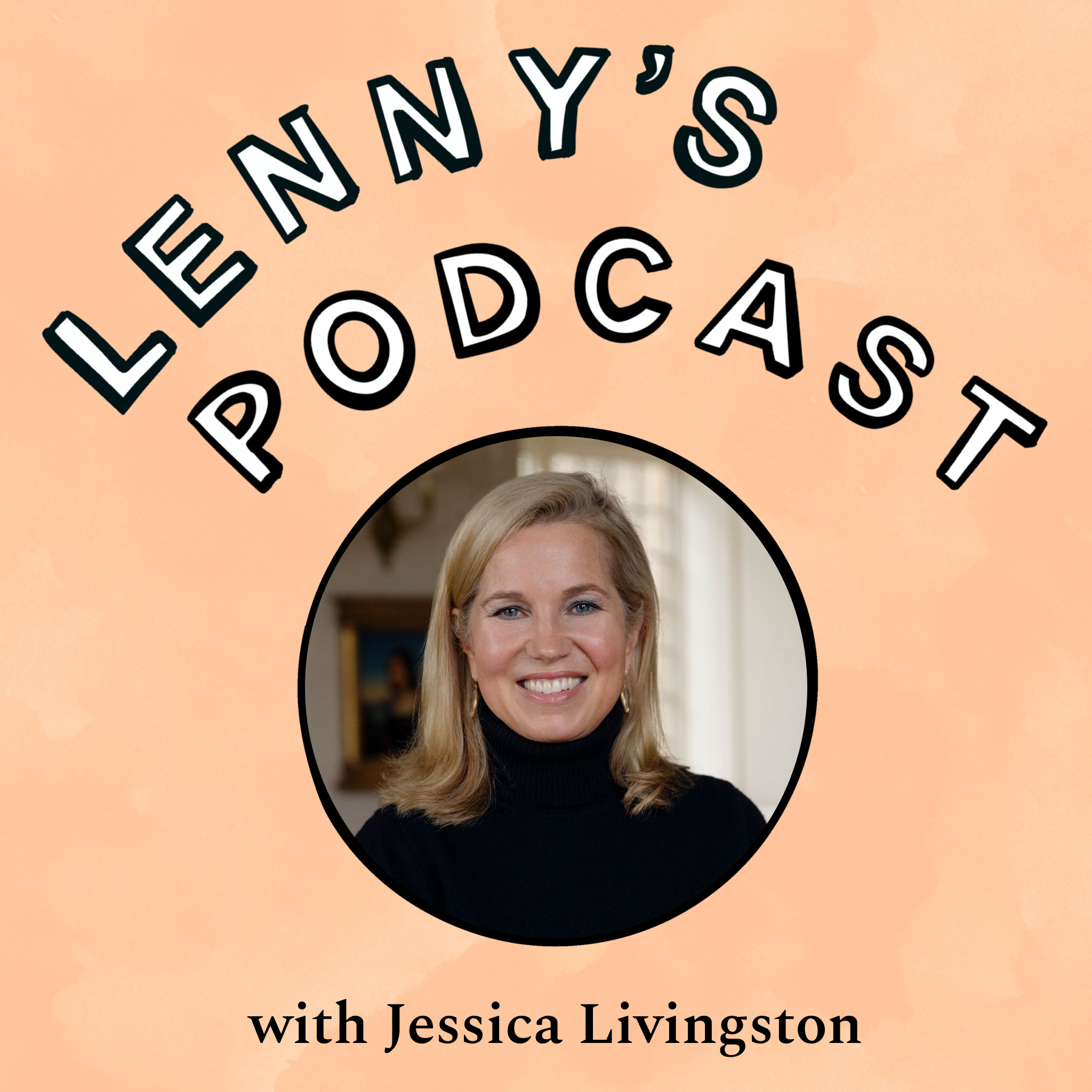
Key Takeaways
- Jessica Livingston was nicknamed the "social radar" at Y Combinator for her ability to quickly evaluate founders and pick up on subtle social cues during interviews
- Key traits she looks for in founders include:
- Commitment to the idea and willingness to quit their job
- Co-founders who get along well and have a history together
- Domain expertise and passion for solving a specific problem
- Openness and lack of defensiveness when receiving feedback
- Signs of being scrappy "hustlers" who will do whatever it takes to succeed
- Earnestness and authenticity about why they are pursuing their startup
- Red flags include defensiveness, co-founders interrupting each other, and pursuing startups just because it's "cool" rather than having genuine passion
- Jessica's "social radar" skill comes naturally to her and stems from a lifelong interest in people and social dynamics
- Y Combinator's batch model of investing came from their initial inexperience as angel investors, showing how weaknesses can become strengths
- Jessica started her podcast "The Social Radars" to stay connected to founders and share their authentic stories in an unscripted way
- Key lessons from podcasting include keeping host comments short and frequent, building trust with guests, and letting conversations flow naturally
Introduction
Jessica Livingston is a co-founder of Y Combinator, the first and most successful startup accelerator. Since 2005, YC has funded over 5,000 companies, including over 200 unicorns now worth over $1 billion each. Jessica played a crucial role in YC's early success with her "social radar" - an uncanny ability to quickly evaluate founders. She's also the author of the book "Founders at Work" and host of "The Social Radars" podcast where she interviews billion-dollar startup founders.
In this conversation with Lenny Rachitsky, Jessica discusses her superpower of reading people, what she looks for in founders, stories from YC's early days, lessons from podcasting, and much more.
Topics Discussed
Jessica's "Social Radar" Superpower (7:54)
Jessica explains that her nickname at Y Combinator was the "social radar" because while her co-founders focused on technical aspects, she would look at other things about founders during their 10-minute interviews:
- Do the co-founders get along?
- Are they truly committed to the idea?
- Are they ready to quit their jobs?
- Are there any red flags in their behavior or responses?
She says: "I love people and the dynamics and understanding what's motivating people. I mean, I just, I'm absolutely fascinated with it. And I love founder psychology, founders' personalities."
Evaluating Founders: Key Traits and Red Flags (15:11)
Jessica discusses some of the key traits she looks for in founders:
- Commitment - Are they ready to quit their jobs and fully dedicate themselves?
- Co-founder dynamics - Do they work well together and have a history?
- Domain expertise - Are they solving a problem they deeply understand?
- Openness to feedback - Do they get defensive or engage in productive dialogue?
- Scrappiness - Will they do whatever it takes to succeed?
- Earnestness - Are they authentically passionate about their idea?
On red flags, Jessica notes: "If a founder would get defensive, that was always a bad sign. Always a bad sign. The best founders would say, you know, gosh, I have thought about it and here's what I figured out. Or they just have this almost a tennis match and a conversation."
The Airbnb Story: A Lesson in Hustle and Determination (21:00)
Jessica recounts the famous Airbnb YC interview, highlighting how the founders' energy and hustle impressed her even though YC was skeptical of the idea:
"I just remember they had a contagious amount of energy. They just had an energy about them. The way that they talked about their product, which was crazy at the time, staying in someone's, you know, bed or airbed."
She describes how Joe Gebbia brought out the Obama O's and Cap'n McCain's cereal boxes they had made:
"I just thought, oh my God, these guys are really going to great lengths for this. And for some reason it was silly, but it really appealed to me. Like, they're going to work hard to do whatever they can to make this company succeed."
The Importance of Earnestness (28:26)
Jessica emphasizes the critical importance of founders being earnest and authentic:
"Earnestness is like one of the most important because Ernest sort of, to me, is bucketed with authenticity. And to be a successful startup founder, you have to care so much about the problem you're trying to solve, the users you're serving. And being earnest about it is so key to success."
She contrasts this with founders who pursue startups because it's trendy or just to make money, without genuine passion for the problem.
Confidence vs. Defensiveness (32:45)
Jessica explains the difference between healthy founder confidence and problematic defensiveness:
"Confidence is good. You definitely want confidence. I mean, it's hard to, I think you can see it when you experience it. Like, someone who's confident in answering your questions but isn't defensive. There's definitely a difference."
She notes that confident founders can admit when they don't know something, while still having plans to figure it out.
Jessica's Social Radar: Origins and Insights (40:00)
Jessica reflects on the origins of her "social radar" ability:
"Paul used to always call me Detective Livingston. Before I was a social radar, I was Detective Livingston. Like, I cannot help myself noticing weird things, like just dumb things."
She traces it back to her childhood interest in dissecting social situations and relationships. While unsure if it's genetic or learned, she notes it's always been a part of her personality.
Honing Social Radar Skills (43:24)
When asked how she's honed this skill over time, Jessica says she tries to follow up on her strong gut feelings about founders years later to see if she was right. She notes:
"Right now, there's no one that I had a strong dislike for that I sort of said we should not fund them. That has gone on to be a super success. Thank God."
The Interview Process: Challenges and Insights (46:50)
Jessica discusses the challenges of evaluating founders in just 10-minute interviews. She notes that a lot can be gleaned from the written application beforehand. On the short interview time, she says:
"The ten minutes is kind of as long as you need in most cases, because we found when they were longer, like, 20 minutes, you'd know in ten minutes and be, like, twiddling your thumbs, trying to get through the interview for the next ten minutes."
Operationalizing Founder Evaluation (48:20)
Jessica explains that YC has operationalized some of her evaluation criteria into their application process:
"It's all just stuff in the application that automatically, like, flags certain things. I actually don't remember all of them, but it's just, all it is is a, please pay attention to this reader of the application. It's not, this disqualifies anyone. It's just please pay attention."
This includes things like unusual equity splits or founders not quitting their jobs.
Advice for Building Social Radar Skills (49:38)
For those looking to improve their own "social radar", Jessica advises:
- Pay attention to subtle cues
- Have a mental checklist of things to look for (co-founder dynamics, defensiveness, etc.)
- Ask probing questions about founders' history and motivations
- Reflect on interactions afterwards to analyze what you observed
She emphasizes: "You have to have a natural interest in sort of people. And so I'm sometimes not listening to all the words, and I'm sort of just observing them."
Jessica's Podcast: The Social Radars (55:19)
Jessica discusses her motivations for starting her podcast "The Social Radars":
"I decided to start the social radars because I live off in the English countryside. Not really as connected as I'd like to be with Silicon Valley, partly by choice, but I do miss it a lot. And I was finding that as I was catching up with YC alumni that would come visit or I'd see. I just loved the conversations we were having, and I missed that."
She aims to have authentic, unscripted conversations with founders to reveal the people behind the startups.
Lessons from Podcasting and Interviewing (1:00:34)
Jessica shares some key lessons she's learned from podcasting:
- Keep host comments short and frequent - avoid long-winded questions
- Build trust with guests so they open up
- Let conversations flow naturally rather than sticking to a rigid script
- Edit yourself ruthlessly to keep the focus on the guest
On building trust, she notes: "I tell them, you will have a chance to review this before it goes public. And I think that disarms people. And they say, okay, I can open up."
Conclusion
Jessica Livingston's "social radar" played a crucial role in Y Combinator's early success by identifying promising founders based on subtle social and behavioral cues. Her ability to quickly evaluate people and pick up on red flags complemented her co-founders' technical expertise. This conversation provides valuable insights into what traits correlate with founder success, how to hone people-reading skills, and lessons from interviewing top founders. Jessica's natural fascination with people and social dynamics, honed over years of founder interviews, offers a unique perspective on startup evaluation and founder psychology.

